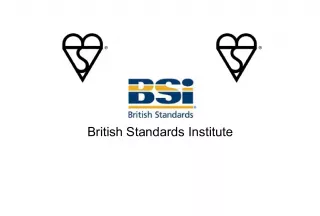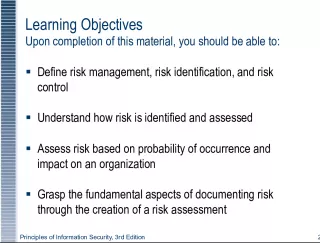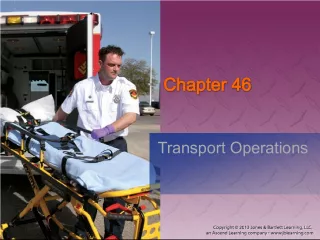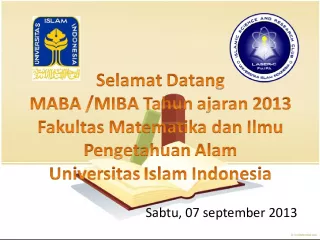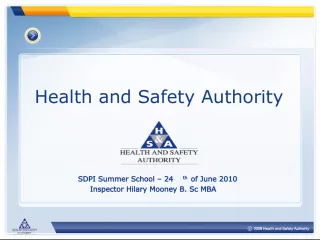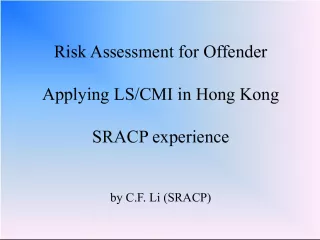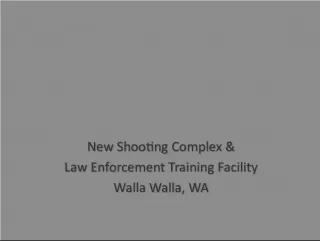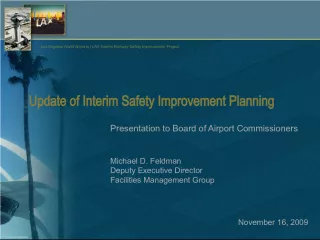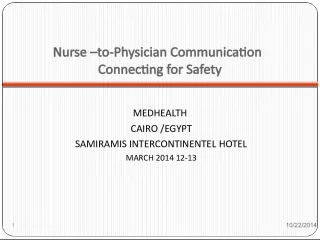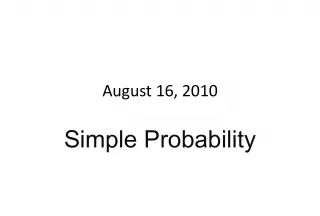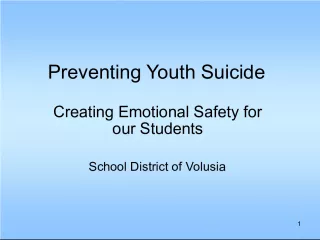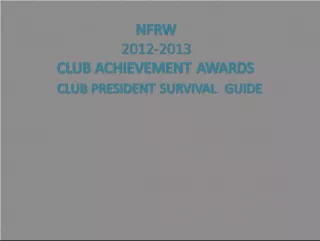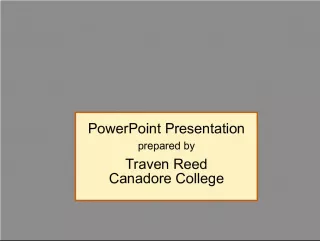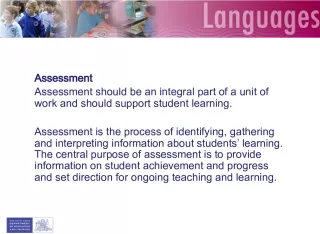"Breakfast Club Risk Assessment: Ensuring Safety and Communication"
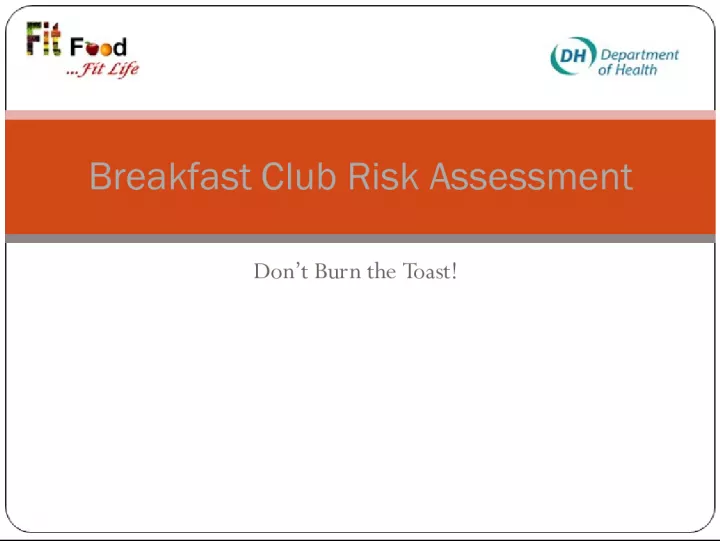

This risk assessment outlines various considerations for the school's breakfast club, including whether arrangements for the club are included in the health and safety policy and whether these arrangements have been
- Uploaded on | 2 Views
-
 arronburns
arronburns
About "Breakfast Club Risk Assessment: Ensuring Safety and Communication"
PowerPoint presentation about '"Breakfast Club Risk Assessment: Ensuring Safety and Communication"'. This presentation describes the topic on This risk assessment outlines various considerations for the school's breakfast club, including whether arrangements for the club are included in the health and safety policy and whether these arrangements have been. The key topics included in this slideshow are . Download this presentation absolutely free.
Presentation Transcript
Slide1Don’t Burn the Toast!Breakfast Club Risk Assessment
Slide2General Are the arrangements for the breakfast club contained in the School’s health and safety policy? Have these arrangements been communicated to all relevant staff?
Slide3Parental Consent Have parents provided formal consent for their child to attend the breakfast club? Are parents’ up to date contact details known (in the event of an emergency, cancellation of the club, missing pupils, any unforeseen problems)?
Slide4Security Is the means of access to the breakfast club area security access controlled, including visual control over visitors? Is access restricted to unauthorised areas of the school premises? Is the area used by the breakfast club adequately segregated from areas being used by cleaners / staff in school? Is a communication link / phone available in the area used by the breakfast club? Is a register kept daily of pupils attending the breakfast club? Are arrangements in place for the safety of pupils being ‘dropped off’ at the breakfast club and between the club finishing and school starting?
Slide5Room Suitability Are all rooms used by the breakfast club suitable in respect to size, layout, occupancy, proximity to welfare facilities, etc. Is access restricted to hazardous equipment / substances?
Slide6Supervision Are supervision ratios appropriate (taking into account staff absenteeism / holidays / sickness)? Have supervising staff been CRB checked?
Slide7Pupil Information Are suitable arrangements in place for breakfast club staff to receive adequate information from parents / school relating to the pupils attending the club, i.e. pupil medical, dietary, behavioural or other special needs, i.e. allergies?
Slide8Use of Schools Own Equipment Has prior agreement been established as to what school equipment may / may not be used by the breakfast club? Have breakfast club staff received training / instruction / information, as appropriate, in relation to the use of school equipment?
Slide9Fire Has the existing school fire risk assessment been reviewed in respect to the breakfast club arrangements? Are all breakfast club staff familiar with the fire evacuation procedures for the premises, i.e. sound of the alarm, location of exit doors, location of fire assembly point, responsibility for contacting the emergency services, etc. Are fire drills conducted with staff and pupils attending the breakfast club?
Slide10First Aid Are there adequate numbers of breakfast club staff trained to an appropriate level of first aid (taking into consideration staff absenteeism, holidays etc? Is refresher training provided every 3 years? Are there sufficient numbers of first aid kits available? Are all breakfast club staff familiar with the City Council Accident Reporting procedures? Is there a policy for the administration of medication? and are breakfast club staff familiar with the policy? Is parental consent obtained prior to medication being administered to pupils? Have staff who administer medicines received appropriate training? Is there a robust system for recording, and reporting to parents, all medication administered?
Slide11Electrical Safety Are arrangements in place for portable electrical appliances to be PAT tested on a periodic basis, typically annually? Are there sufficient numbers of electrical sockets in the rooms to avoid the use of extension leads wherever practical? Are staff aware to visually inspect portable electrical items for evidence of cable damage / crushing, plug damage, etc.
Slide12Violence Are there expected rules / codes of behaviour for pupils attending the breakfast club, to include removing pupils from the programme for unacceptable behaviour? Are all breakfast club staff familiar with the City Council’s Violence to Staff reporting forms?
Slide13Inspections Are arrangements in place for the rooms used by the breakfast club to be inspected prior to use? Is there a formal system for reporting health and safety defects to the school?
Slide14Welfare facilities Are adequate toilet facilities available for pupils attending the breakfast club? Can the welfare facilities be adequately supervised? Is hand washing facilities available in the food preparation area?
Slide15Cancellation of Club Are procedures in place in case of cancellation?
Slide16Food Safety Have staff responsible for preparing or handling foods appropriate food safety knowledge / food hygiene training: Lower risk foods (i.e. toast, cereals) – basic / essential food safety principles to be followed; Higher risk foods (i.e. eggs, meats) – Chartered Institute of Environmental Health (CIEH) Foundation Certificate in Food Hygiene If the breakfast club have permission to use the main school kitchen, has this been agreed formally, identifying which equipment may / may not be used, arrangements for cleaning etc? Are there suitable arrangements for the storage of breakfast club food, including chilled / perishable foods? Are there suitable storage arrangements for snacks / packed lunches brought from home for consumption during the school day? Are foods known to cause allergies to pupils avoided? Has a specific risk assessment been carried out for pupils involved in preparing / cooking foods?
Slide17References DfES Safe Keeping - A good practice guide for health and safety in study support City of Nottingham Generic Risk Assessment for Education Department Activity Breakfast Clubs
Slide18For further information Shaleen Meelu Registered Public Health Nutritionist (MMedSci, BSc Hon, ARCS) School Food Consultant/ Food Project Co-ordinator shaleen.meelu@nhs.net 0799 066 0055 Raj Varma Director: Fit food A community interest company supporting schools and community organisations. raj@fitfoodcic.org.uk 07545180103
